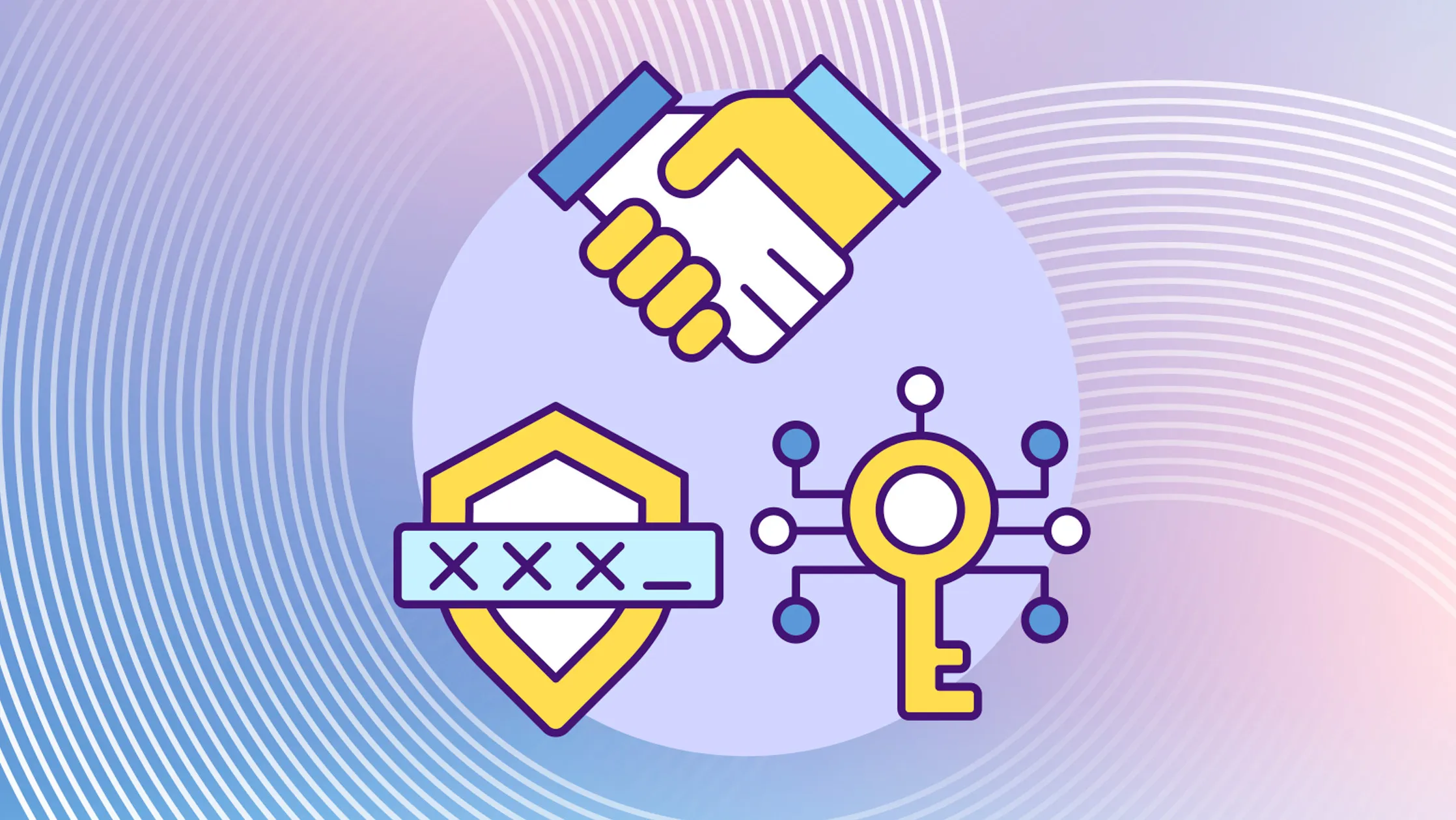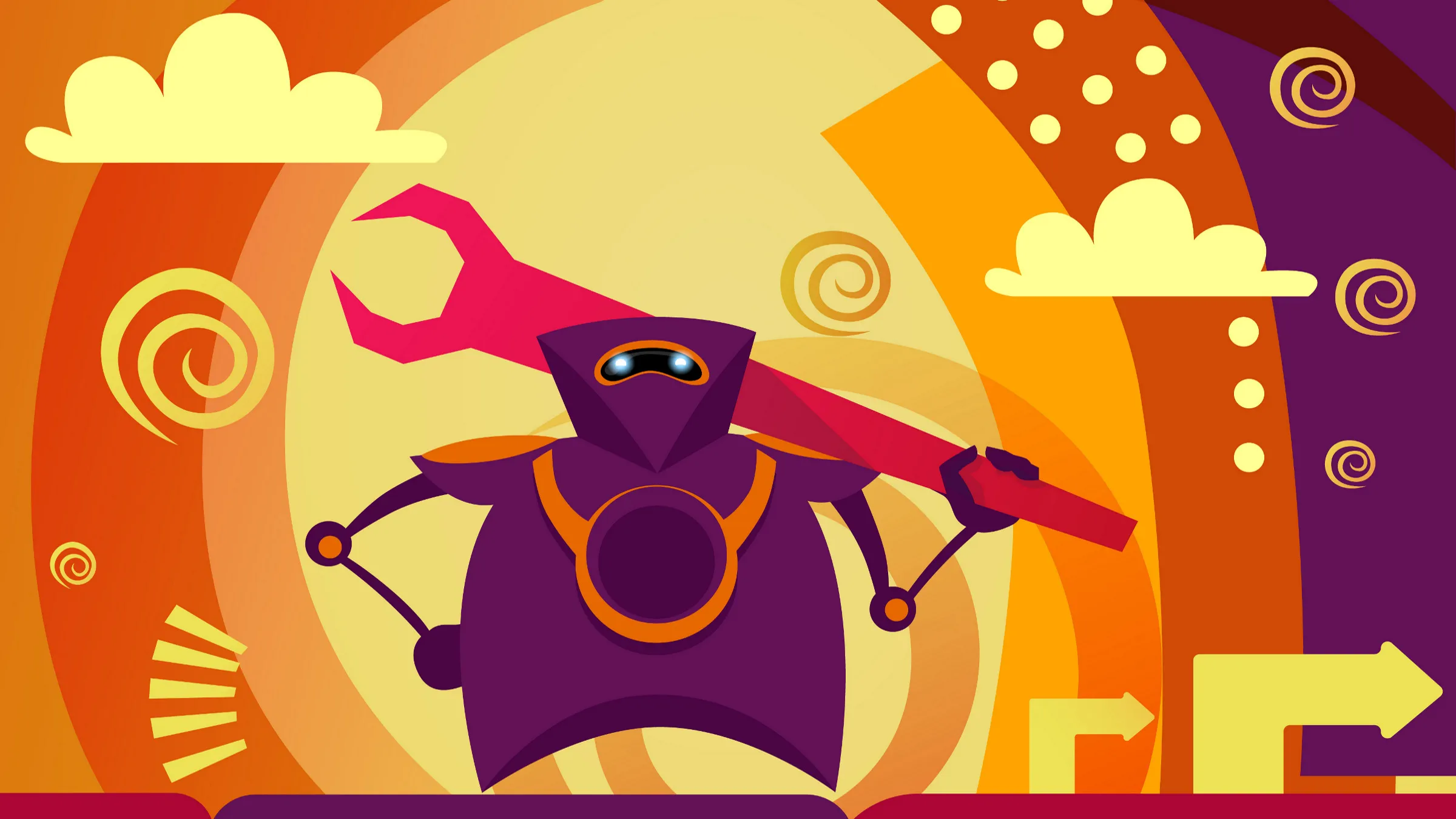Carbon-aware scheduling tools analyze and optimize the trade-offs among carbon emissions, cost, and performance.
News
Scientists may have turned the corner on the quantum error correction challenge.
Protect Your Code Against Licensing Risks
Copyleft is a type of restrictive open source code that requires that any derivative uses of that specific code in other programs or products be made available under the same terms.
Internal Chat Logs of Ransomware Group Leaked
Understanding public thinking can inform companies' decisions on developing and training AI tools.
The Power and Potential of Zero-Knowledge Proofs
ZKPs are a means of proving a statement while retaining privacy and ensuring information security.
Putting Humans Continually in the AI Loop
Human-in-the-loop optimization, when done well, can produce AIs that progressively shorten the time it takes humans to learn new skills.
Thermodynamic Computing Becomes Cool
Exploring a path to more energy efficient, sustainable computing.
Clock Bait: Why The Moon Needs Its Own Time Zone
Clocks tick faster on the Moon, which over time could lead to timing errors that are too large to accept for safe lunar navigation or autonomous navigation.
Quantum Internet Is (Slowly) Becoming a Reality
The global quantum Internet would connect devices like quantum computers and sensors that operate on the principles of quantum mechanics.
AI Empowers Novices to Launch Cyberattacks
AI-powered turnkey tools turn those with little technical expertise into cyber monsters.
Can AI Replace Copilots on Passenger Jets?
Critics say human interactions between captain and copilot on flight decks keep airliners flying safely, and that AI-based ‘copilots’ are a risk too far.
Can EU’s €200B ‘InvestAI’ Initiative Close Europe’s AI Gap with U.S. and China?
U.S.-based institutions produced 40 notable AI models in 2024, surpassing 15 from China, and a total of three from Europe.
An Algorithm for a Better Bookshelf
Laziness is only one of two desirable properties for a bookshelf algorithm. The second is the ability to proactively respond to an adversary’s strategy.
The Emerging Face of Digital Dentistry
Digital technologies could expand treatments and the availability of dental services to undeserved communities.
Advancements in Weather Prediction
The amount and quality of topographical, land use, land cover, coastline, and other data feeding forecasting models are leading to better predictions.
The Real, Significant Threat of Shadow AI
Unsanctioned AI tools are a growing risk for organizations, especially those in highly regulated industries where security, compliance, and data integrity are critical.
Researchers Tap AI to Dig Into the Past
Experts are using AI to find archaeological sites, decipher ancient documents, and locate underwater World War II aircraft wrecks.
Turning Servers Against the Cloud
Attacks targeting internal metadata APIs let systems access information about settings and resources in the cloud, including network addresses and URLs.
Researchers have tapped reward-based reinforcement learning to teach robots to walk on diverse terrains, negotiate steps, and handle other motor functions.
Homomorphic Technologies Could Process Still-Encrypted Data
Fully homomorphic encryption could stave off the security threats quantum computers pose to current encryption techniques.
The Rise of the AI-Enabled Agentic Internet
Society is turning over major and minor decisions once made exclusively by humans to AI agents.
AI tools now support the entire software development lifecycle, from drafting to debugging.
Shape the Future of Computing
ACM encourages its members to take a direct hand in shaping the future of the association. There are more ways than ever to get involved.
Get InvolvedCommunications of the ACM (CACM) is now a fully Open Access publication.
By opening CACM to the world, we hope to increase engagement among the broader computer science community and encourage non-members to discover the rich resources ACM has to offer.
Learn More






















